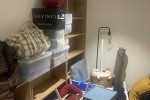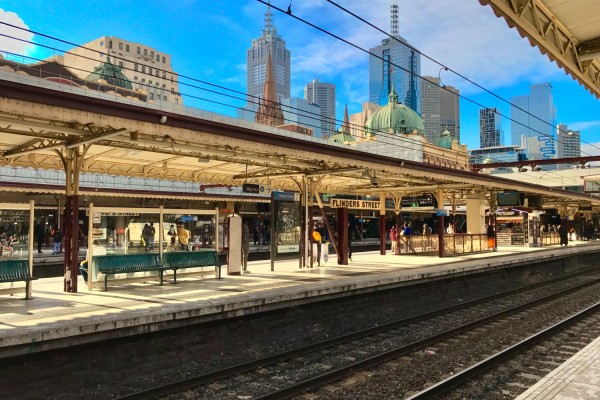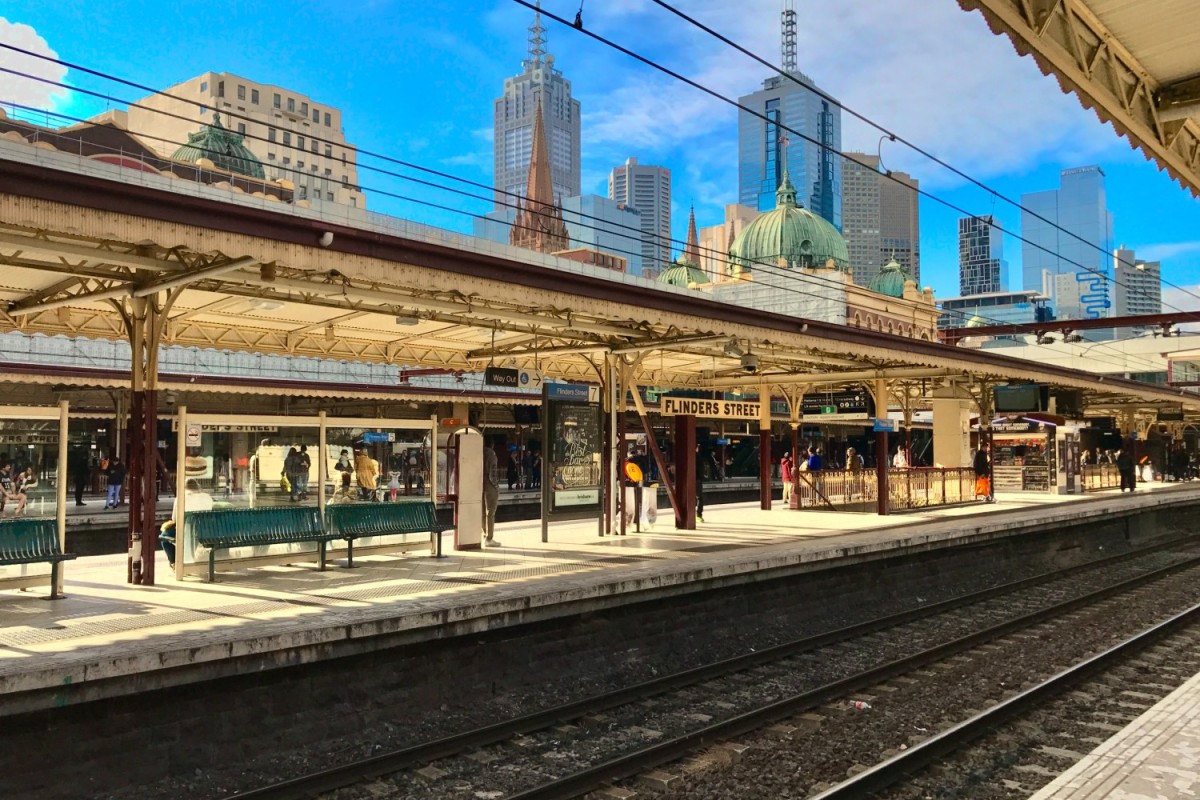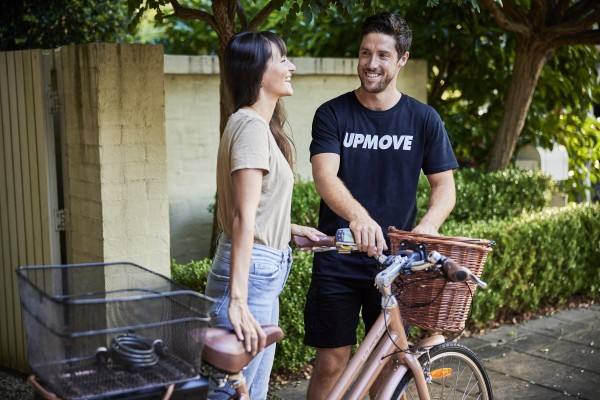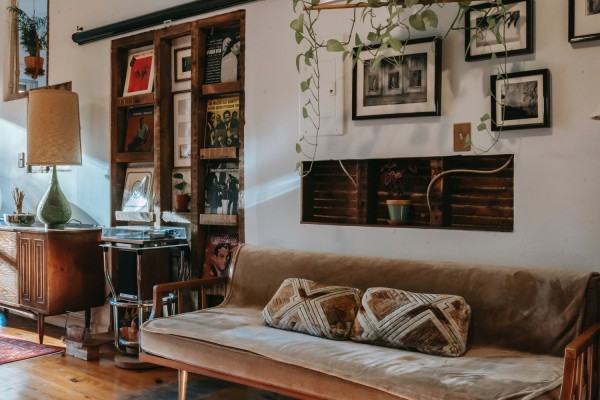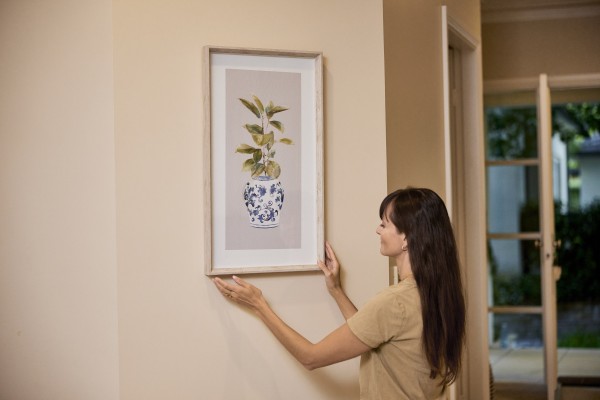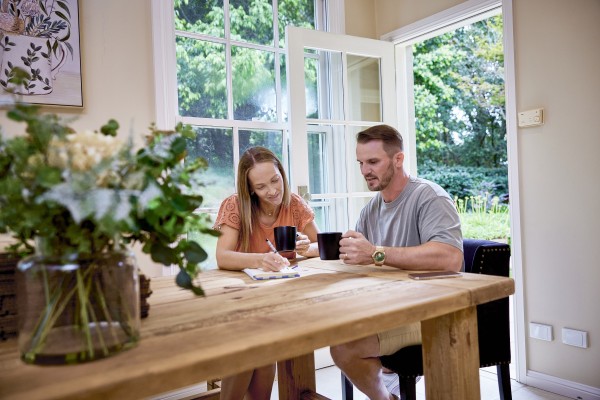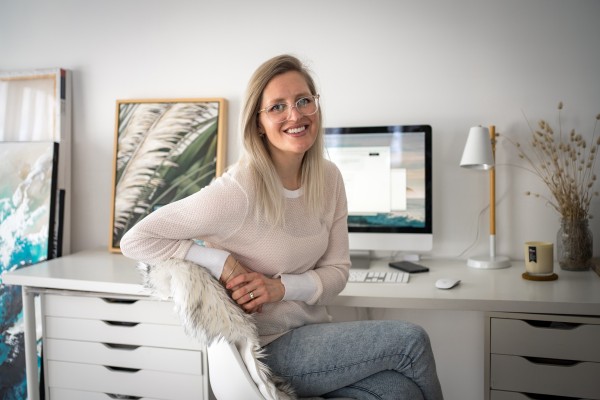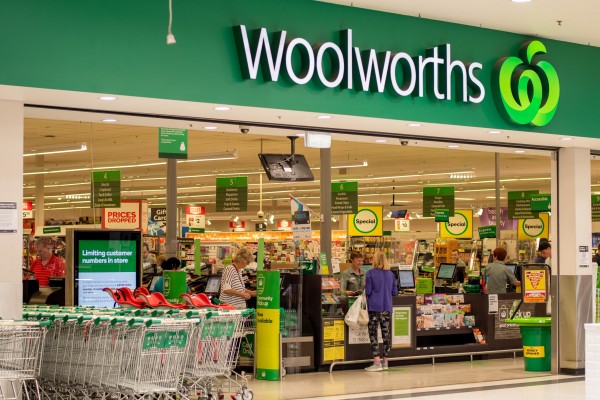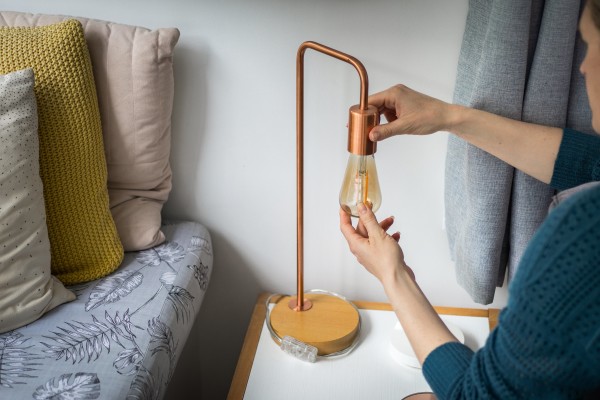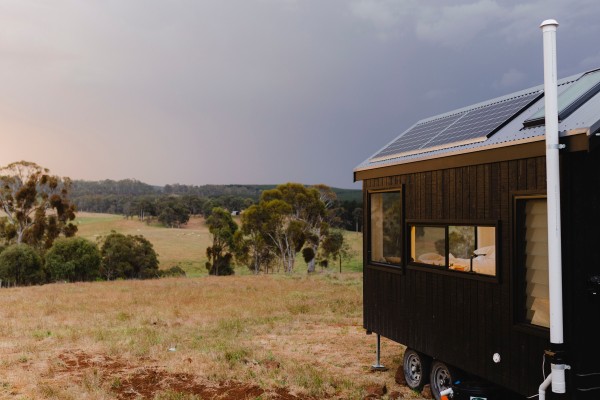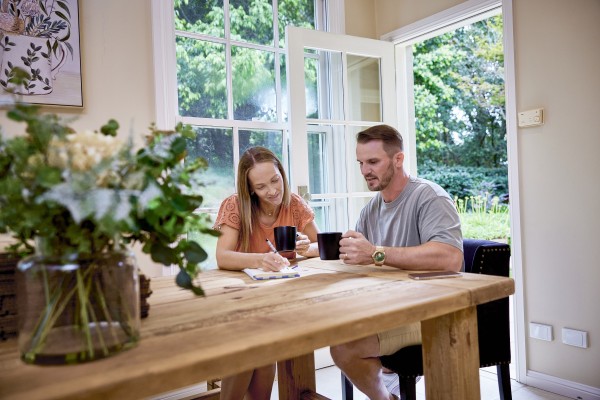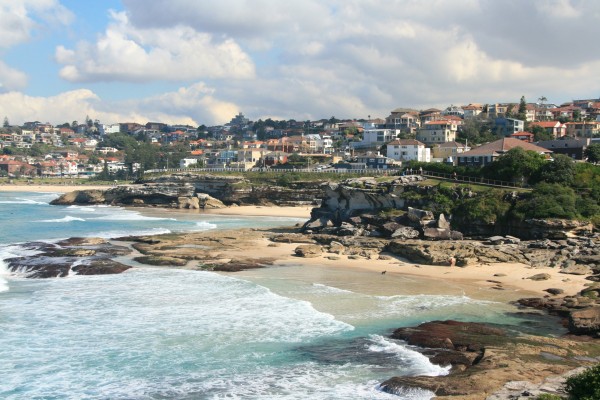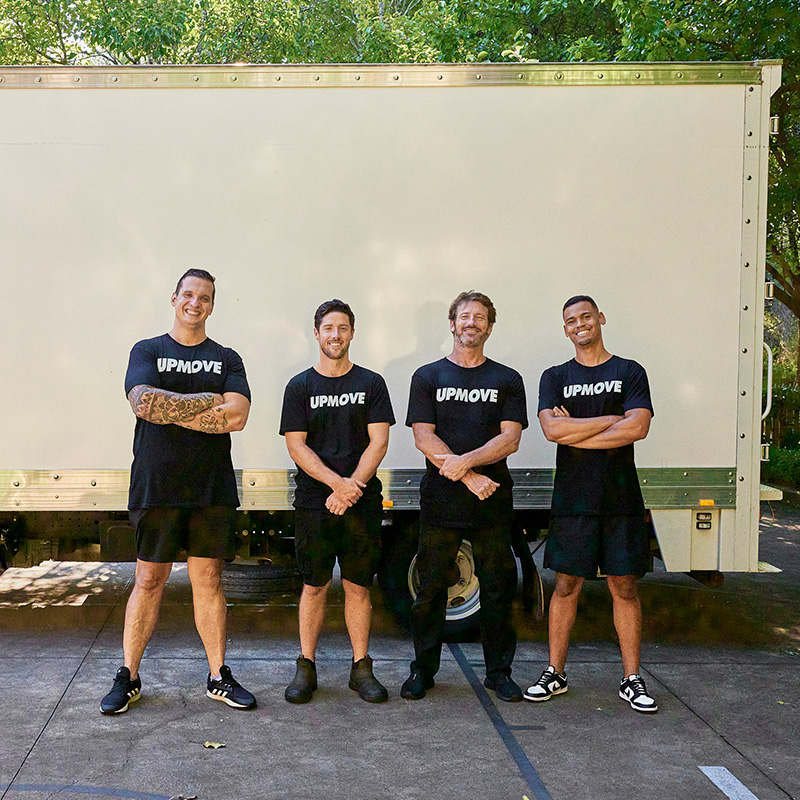What you actually need to earn to live comfortably in Melbourne
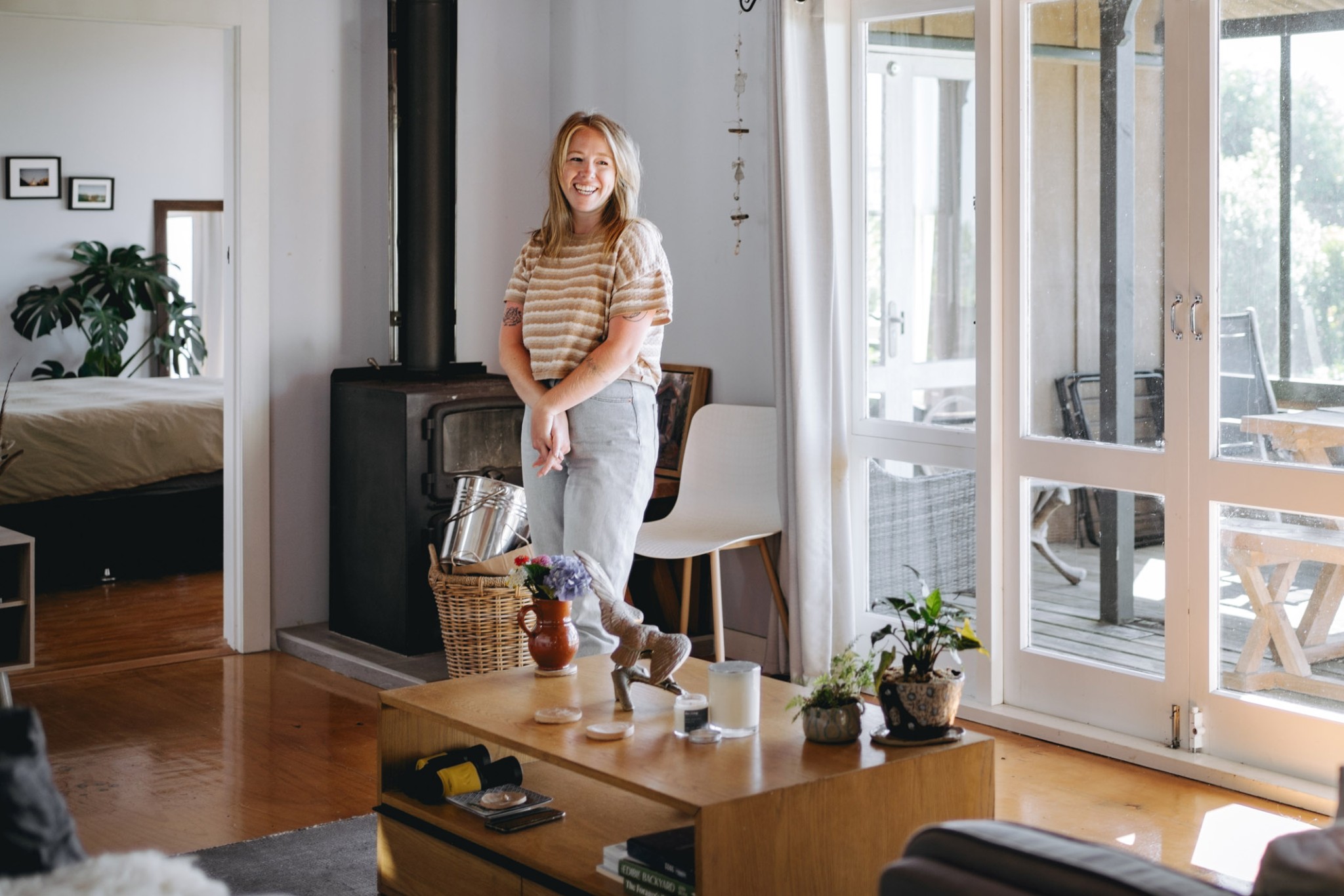
When it comes to the most livable cities in the world, Melbourne frequently ranks in the top three. Known as the cultural and sporting capital of Australia, Melbourne attracts individuals and families worldwide as a destination for art, fine food, world class events and more. There’s just one thing: Melbourne also happens to be one of the most expensive Aussie cities to live in.
So, if you’re considering a move to the Victorian capital with dreams of living the Melbourne lifestyle, it’s important to take a real look at budgets beyond the basic cost of living.
In this guide we’ve covered budgets for:
-
Living and accommodation costs (renting and buying options covered)
-
Vehicle and transport expenses
-
Food and dining costs
And since budgets are all relative to the amount that you earn, we’ve covered Melbourne’s salaries too.
Rent in Melbourne
The cost of renting across Australia has been in a state of acceleration since the start of 2024. On average rents are some 8.5% higher than the year prior and in Melbourne this figure was even higher at 9.6%.
The average house rental price in Melbourne as of the week ending August 20th 2024 is $739.93 while the average weekly unit rental sits at $557.50.
Detailed below is a list of Melbourne areas along with the median house and unit price for comparison.
|
Area in Melbourne |
Average unit rental cost per week |
Average house rental cost per week |
|
Eastern Melbourne |
$590.81 |
$695.22 |
|
Inner East Melbourne |
$602.90 |
$935.73 |
|
Melbourne City |
$635.43 |
$896.23 |
|
Melbourne North |
$518.97 |
$659.83 |
|
Mornington Peninsula |
$528.53 |
$649.37 |
|
North West Melbourne |
$503.95 |
$595.44 |
|
South East Melbourne |
$545.18 |
$620.73 |
|
South West Melbourne |
$496.28 |
$544.05 |
|
Western Melbourne |
$483.13 |
$562.66 |
Melbourne’s City and Inner East have a higher weekly rental cost but more budget-friendly options exist in the western and south western suburbs.
Weekly budget: $200-$350 to rent a room / $520 - $950 to live alone depending on the area.
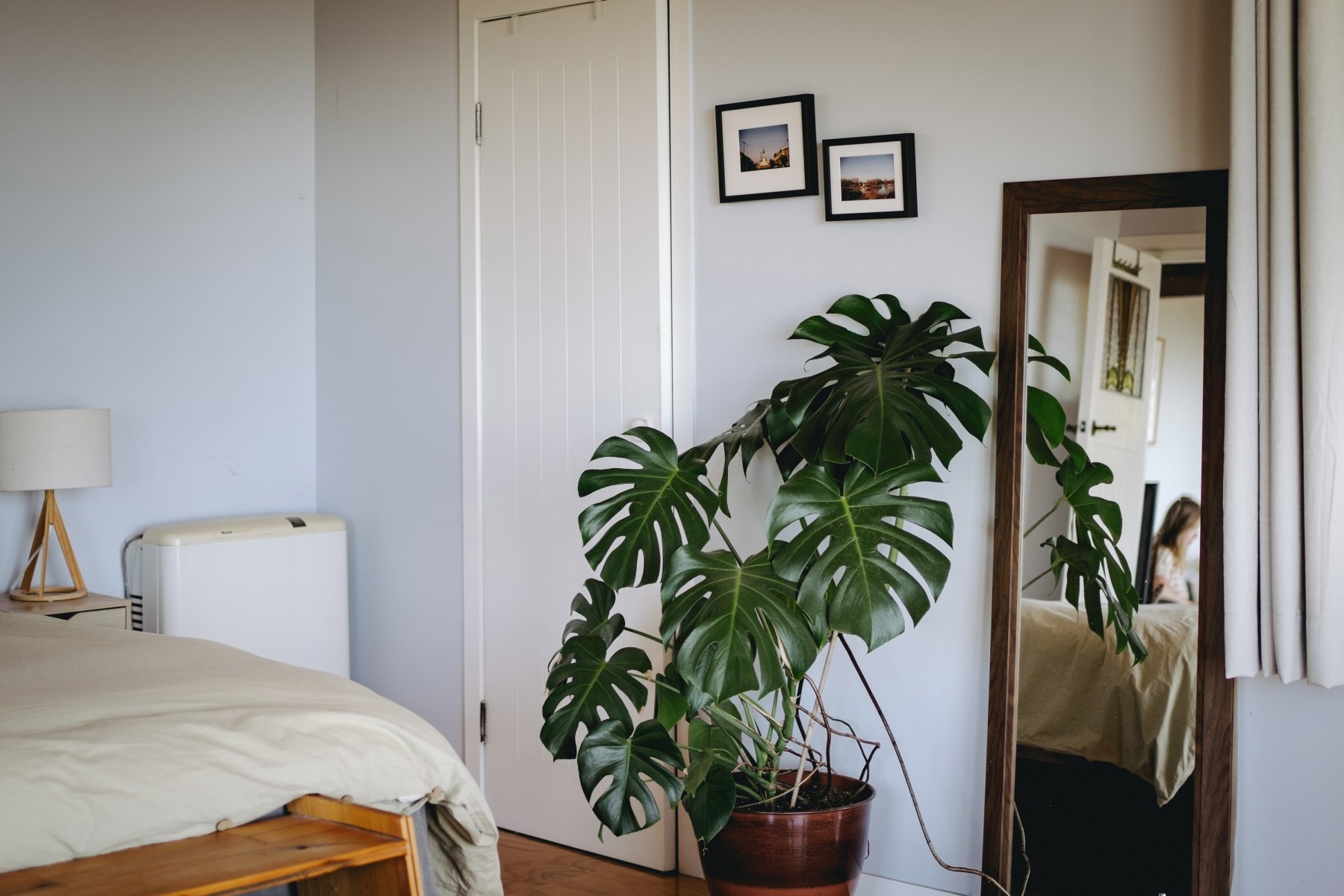
What if I have a mortgage?
According to the June 2024 Domain House Report, the median house price in Melbourne currently sits at $1,068,805. This average reflects a slight increase over the last 12 months of 1.7%.
-
To put down a 20% deposit on a property of this value you would need $213,761.
-
According to the RBA, the average mortgage rate offered by Australian lenders is currently 6.22% for new loans (June 2024 update).
-
At this rate your mortgage repayments would come to roughly $1,210 per week, or $5,243 per month.
There’s no doubt this is still a lot of money, but sharing with flat mates is a popular route for many Melbourne professionals.
Alternatively, you could explore cheaper suburbs such as Melton South. This suburb is located 37 kilometres west of the Melbourne CBD, and is a popular area for those looking for family-sized homes close to shops, schools and public transport. The median house price here is just $495,000.
Based on this property value you could pay a 20% deposit of $99,000, leaving a loan of $396,000 and weekly repayments of roughly $561.
Weekly cost: $560 - $1,210
Depending on the area you choose and whether you choose to live independently or with flat mates.
Average electricity bill Melbourne and other household costs
Budget Direct estimates the average monthly cost in Melbourne for basic utilities including electricity, heating, water and garbage for an apartment of 85m2 is $237.38 per month.
In addition to this, you can expect to pay roughly $79.50 per month for internet and $39.97 for Mobile data (Mobile Phone Monthly Plan with Calls and 10GB+ Data).
While these figures detail the average costs for utilities, it’s important to note that your needs will vary depending on the season. Melbourne experiences extremes in all seasons with hot summers and low temperatures in winter. This means you’ll likely use extra power throughout those times to support heating and cooling in the home. Water needs and costs may also change over these times.
Weekly cost: $100 - $190
Depending on whether you are living in an apartment or home and/or sharing the cost of bills with housemates.
This figure allows an additional $20 per week to account for any extra costs throughout the year.
How much will I spend on food in Melbourne each week?
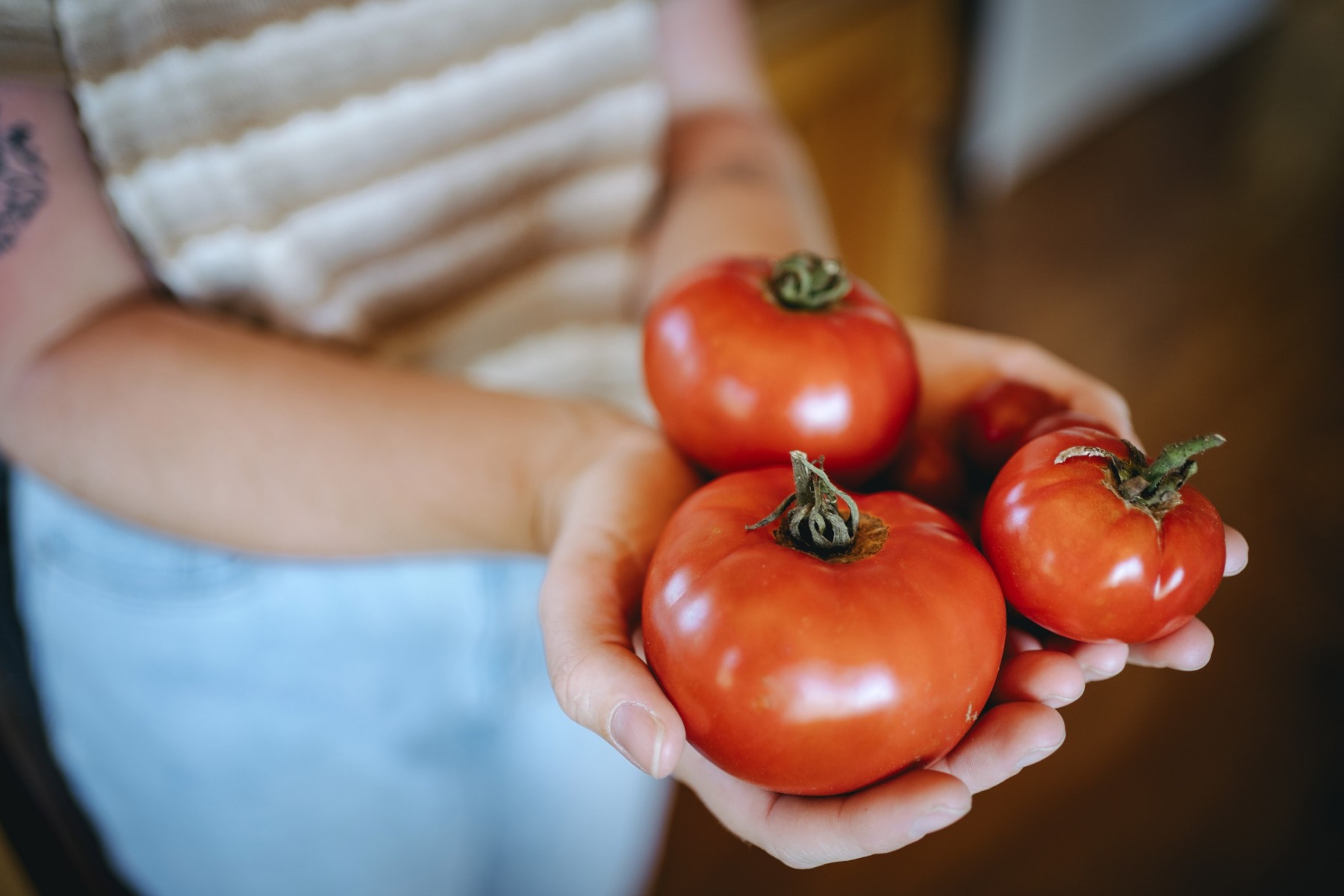
The amount you can expect to spend on groceries each week will depend on your diet and preferences. However, in the interest of budgeting we’ve outlined below the average weekly costs for a student, single and a family. If you're on a tight food budget, there are a number a tactics to save money on groceries.
-
Student: $115
-
Single: $130
-
Family: $334.61
Weekly cost: $84 -$130 per person, per week.
Transportation costs in Melbourne Australia
Melbourne is a highly connected city with an array of options to get around via Melbourne's public transport network. The network of trains, buses and their unique tram service make it affordable to get from A to B. People in Melbourne spend an average $53 per week on public transport and enjoy free tram travel within the city centre.
However, many Melbourne residents still use a car. If you’re planning on using a car, you will want to carefully consider the costs below.
- Fuel: In Melbourne, car owners spend an average $101.17 per week on fuel.
- Car loan payments (e.g. Novated Lease) : $212.86 per week.
- Insurance: An average $65.51 per week.
- Income: On average 18.7% % of income is spent on transport costs in Melbourne
- Servicing and tyres: $37.19 per week.
- Roadside assist $2.48 per week.
- Car Registration, CTP & Licensing: $34.58 per week.
- Tolls: Melbourne is one of the most expensive cities for toll averaging at $61.40 per week.
Weekly cost: $518 per person, per week (car costs including estimated loan repayments)
Restaurant and bar prices in Melbourne
Melbourne has a strong reputation as a foodie hub meaning you’ll never be short of restaurants and bars to try out. We’ve looked at bars, restaurants and cafes in the central city to give you an idea around the type of dining and drinking budget you may need to account for.
|
Item |
Average cost |
Range |
|
Meal, Inexpensive Restaurant |
$25.00 |
$15.00 - $40.00 |
|
Meal for 2 People, Mid-range Restaurant, Three-course |
$120.00 |
$80.00 - $200.00 |
|
McMeal at McDonalds (or Equivalent Combo Meal) |
$15.00 |
$14.00 - $16.50 |
|
Domestic Beer (0.5 litre draught) |
$12.00 |
$7.36 - $17.00 |
|
Imported Beer (0.33 litre bottle) |
$11.00 |
$8.00 - $16.00 |
|
Cappuccino (regular) |
$5.25 |
$4.00 - $6.76 |
|
Coke/Pepsi (0.33 litre bottle) |
$4.10 |
$3.00 - $6.00 |
|
Water (0.33 litre bottle) |
$3.55 |
$2.50 - $5.00 |
|
Cocktail |
$24 |
$20 - $30 |
Melbourne has a wide selection of fine dining and drinking experiences, but on average, eating out will set you back about $90 for a main and a few drinks.
Weekly cost: $90 - $100
What will I spend on entertainment in the city?
Some of the most popular activities in Melbourne are sporting events, concerts and exhibitions. Naturally, enjoying these activities calls for a dedicated weekly entertainment budget.
General admission to high end concerts will usually cost from $130. Sporting events such as AFL games (not including grand final tickets) NRL, soccer matches etc. offer tickets starting from around $30 per adult and there are usually games on every weekend.
Aside from music and sport, bowling, escape rooms and karaoke are highly popular in and around Melbourne.
Bowling will set you back about $25 a game while Karaoke is about $100 per hour and escape rooms about $40 each time.
Weekly cost: $25 - $150
How much can I expect to spend to live basically in Melbourne?
While not the most expensive city to live in in Australia, Melbourne definitely isn’t the cheapest either. But, by spending your dollars wisely you can keep costs down and still enjoy some extras.
Hacks such as house sharing, using public transport over a car and other cost cutting measures are a savvier way to enjoy living in this capital city.
Based on the above budget (low end costs, renting a room etc.) we estimate a single person would spend around $52,884 a year.
If $53k covers the basics, how much do I need to earn to live comfortably?
If you’re spending around $53,000 living in Melbourne you’ll need to earn more than this to afford this lifestyle after tax. In saying that, it is possible to spend less than what is outlined in the budget by slashing dining and entertaining costs, living in cheaper suburbs etc.
Single people should aim to earn at least $90,000 to live in Melbourne. This leaves you with around $68,000 cash in hand after tax - leaving a little bit extra after your weekly expenses to take a trip away, build your savings or indulge in some personal treats.
If you have children, living in Melbourne will be significantly more expensive and the amount you will need to earn will be much higher.
Numbeo estimates a family of four would need to earn at least $68,000 to cover cost of living essentials (excluding rent) which equals an average $96,990 including rent.
To live more comfortably a family would need to earn $145,000, although this still would not leave a lot for saving or big expenditures.
What’s the average salary in Melbourne Australia?
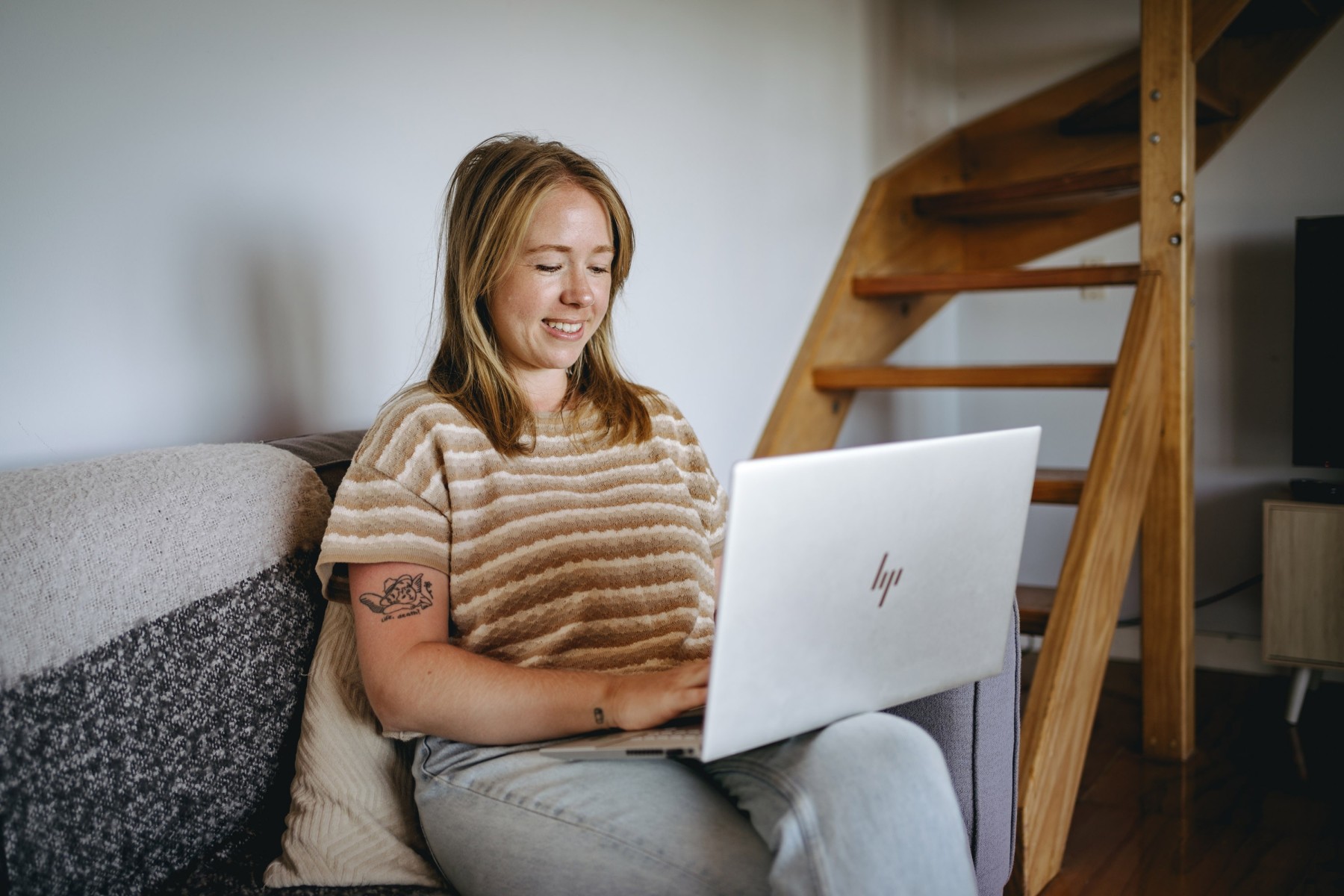
According to Salary Expert, the average salary for jobs in Melbourne, Australia is $89,135 (AUD) per year.
Remember, this is just the average wage, so if you’re working in a high paying industry or profession, you may expect to earn more.
Some of the most popular jobs in Melbourne include:
These roles pay anywhere between $74,000 and $121,000 per year.
What do our customers say?
